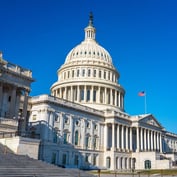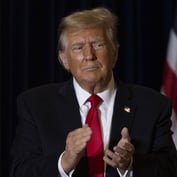(Bloomberg) — A divided U.S. Supreme Court today debated whether companies can assert religious rights, hearing arguments in an ideological clash over a regulation stemming from Patient Protection and Affordable Care Act (PPACA).
U.S. Health and Human Services (HHS) Secretary Kathleen Sebelius decided in January 2012 that the basic major medical plan preventive services package required by PPACA must include coverage for birth control services and products.
Hobby Lobby Stores Inc. and Conestoga Wood Specialties Corp. are asking the court to exempt them from the birth control benefits mandate Sebelius imposed and give for-profit corporations the same religious freedoms as individuals.
If Hobby Lobby and Conestoga are successful, companies could get sweeping rights to opt out of laws they say are immoral.
Today’s 90-minute session marked the Supreme Court’s first brush with PPACA since the justices upheld the core provisions of the law in 2012.
Read the oral arguments transcript.
Justice Anthony Kennedy, who often casts the court’s deciding vote in divisive cases, asked questions of both sides and didn’t give a clear indication of which way he will vote.








 March 25, 2014 at 09:30 AM
March 25, 2014 at 09:30 AM










